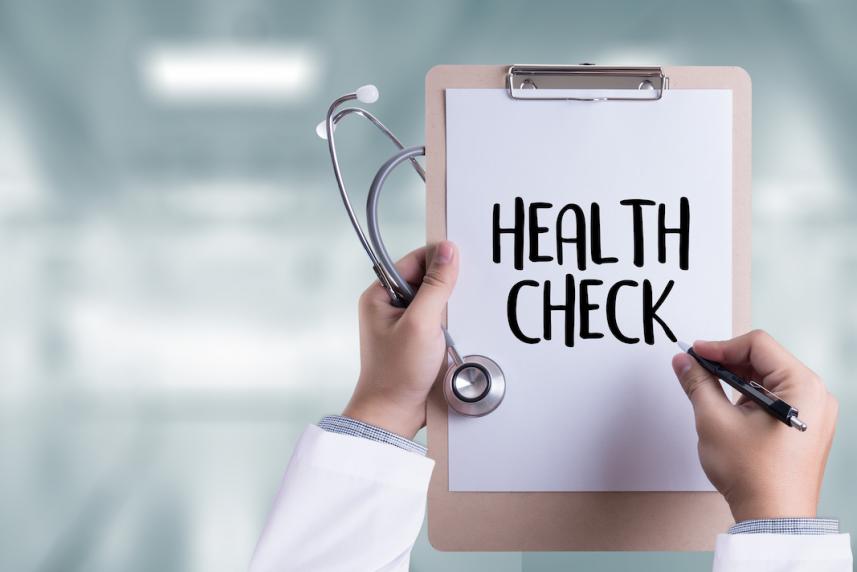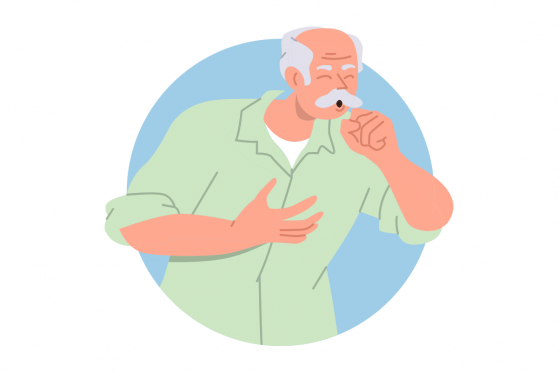Tests You Don’t Want to Miss
Preventive screenings can help you stay well

Regular checkups and screenings can help spot health conditions before they become problems. The screenings you need depend on your age, gender, history, and risk factors like high blood pressure. Take this guide to your next doctor visit and discuss which screenings you may need.
| SCREENING | FREQUENCY | WHAT YOU NEED TO KNOW |
| Well checkup | Annual |
This yearly exam is an opportunity to ask your provider any health-related questions or discuss any concerns. It is an important part of proactively managing your health. |
| Blood pressure | Annual | Your doctor will check your blood pressure (BP) at your annual visit. High blood pressure, which can lead to heart disease, has no symptoms. Have your BP checked every year, or more often if you have diabetes, heart disease, or kidney problems. |
| Breast cancer | Every other year | Mammography screening every other year until age 74. |
| Cholesterol | Every 5 years | Until age 75. If you have high cholesterol, diabetes, heart disease, kidney problems, or certain other conditions, you may need to be checked more often. |
| Colorectal cancer | Depending on history | Until age 75, discuss cancer screening with your provider. Screening frequency depends on what type of screening you have. For ages 76–85, the United States Preventive Services Task Force recommends screening based on overall health and prior screening history. |
| Depression | Discuss with your PCP | Talk to your doctor about your emotional health; it's an important part of your well-being. |
| Diabetes | Discuss with your PCP | If you are overweight or have other risk factors for diabetes, your provider may recommend screening more often. If you have diabetes, talk to your PCP about regular eye exams, kidney function, and HbA1c tests. |
| Osteoporosis | Discuss with your PCP | Beginning at age 65, discuss frequency of screenings with your health care provider. |
| These recommendations are not a statement of benefits or benefits coverage. Some of these services may require cost-sharing. Please refer to your health benefits contract or Evidence of Coverage booklet for complete details. | ||



